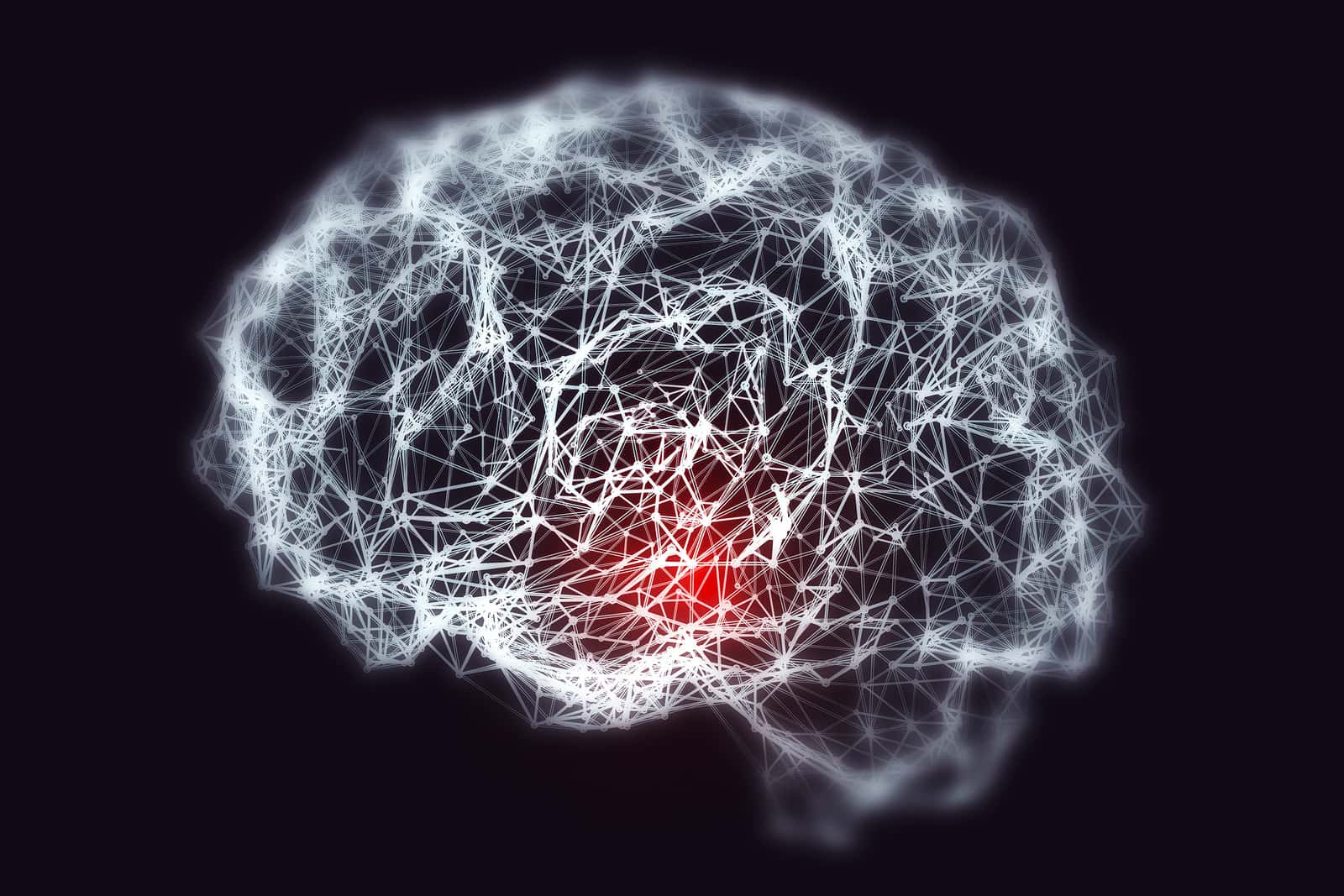
What happens when people end up taking two or three anticholinergic medicines? The greater the “load” of such drugs in the body, the higher the risk of brain fog. Could there be a connection between PPIs and cognitive dysfunction? This reader seems to think so.
Two Anticholinergic Drugs Plus PPIs and Cognitive Dysfunction:
Q. About three years ago, I was taking Detrol for overactive bladder, a PPI heartburn medicine and an antihistamine for allergies. During the time I was taking all three, I read about the connection between anticholinergic drugs and dementia. When I checked, I learned that all three of these drugs were anticholinergic.
I felt I was experiencing cognitive slowdown and inefficiency. I stopped all three and bounced back cognitively. I’d rather have the symptoms those drugs are supposed to treat than drug-induced dementia!
A. Antihistamines and medications for overactive bladder have long been recognized as anticholinergic drugs. That means they interfere with a crucial brain chemical called acetylcholine (ACh).
The link between dementia and long-term use of proton pump inhibitors, aka PPIs, and cognitive dysfunction has been far more controversial. Most lists of anticholinergic drugs do not include PPIs like lansoprazole (Prevacid) or rabeprazole (Aciphex).
We like to think that we have one of the most comprehensive lists of anticholinergic drugs on the web at this link:
Where Can I Find A List of Anticholinergic Drugs?
People taking anticholinergic drugs over a long period of time may be at greater risk of developing dementia.
Even when we checked reliable resources, we could not find a connection between PPIs and cognitive dysfunction through an anticholinergic connection. As a result, when we created our list of anticholinergic drugs, we did not consider PPIs as having anticholinergic activity. That’s largely because they do not behave like classic anticholinergic drugs such as atropine, scopolamine or hyoscyamine.
A Swedish Study Turns PPIs Upside Down:
Swedish researchers are forcing us to reconsider the connection between PPIs and cognitive dysfunction (Alzheimer’s & Dementia, May 8, 2020). The scientists found that several PPIs, especially lansoprazole and rabeprazole, inhibit the enzyme the body uses to make ACh.
Preventing the synthesis of this crucial brain chemical could amplify the effects of other anticholinergic medicines. This interaction may increase the risk of dementia.
That’s because there is an enzyme that is essential for the synthesis of acetylcholine. The enzyme is called ChAT (choline-acetyltransferase). If ChAT is not working properly, it cannot make enough ACh. That in turn can lead to cholinergic dysfunction and brain problems.
Here is what the investigators discovered:
“This report provides compelling evidence that PPIs are able to inhibit the key cholinergic enzyme responsible for the biosynthesis of the cholinergic signal substance, ACh.
“Overall, these findings together with the results of pharmacoepidemiological studies, linking exposure to PPIs with incidence of dementia, are pointing at an alarming secondary mode of action for PPIs in terms of probability of exerting a clinically relevant anti‐cholinergic burden.
“Given that the best strategy against AD [Alzheimer’s disease] is the detection and when possible elimination of the risk factors, the current findings are important and suggest that the use of PPIs should be considered a legitimate risk factor for both incidence of dementia and its further progression, in particular in the elderly and in patients already suffering from dementia.
Is There an Association Between PPIs and Cognitive Dysfunction?
Most gastroenterologists would likely say that there is no connection between PPIs and cognitive dysfunction. We would have to agree that there are few long-term randomized controlled trials that have specifically attempted to study that question.
Nevertheless, the Swedes have come up with an unexpected mechanisms that might explain why PPIs combined with other anticholinergic drugs might pose a risk. This combination could well explain why our reader complained of cognitive dysfunction while taking two anticholinergic medicines plus a PPI.
For more information on ways to avoid drugs that could be inappropriate for older people, we recommend our book, Top Screwups. In it we provide the Beers list of drugs that older people should generally avoid. We also have a list of anticholinergic drugs and our Top 10 Tips to Surviving Old Age. Read about statins and mental function. You can find it in our bookstore at this link.
Share your own experience with anticholinergic drugs in the comment section below.

